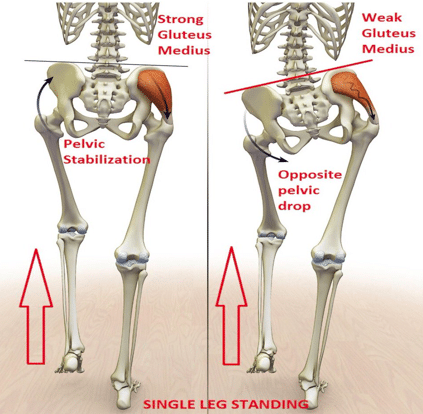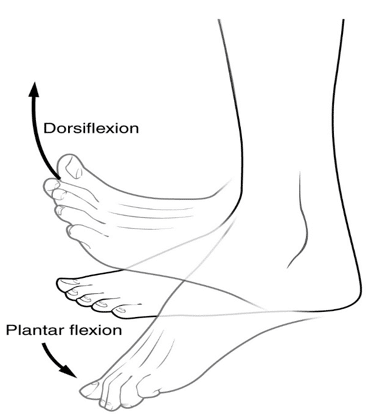Is Running Bad For Your Knees?
Fact vs. Myth
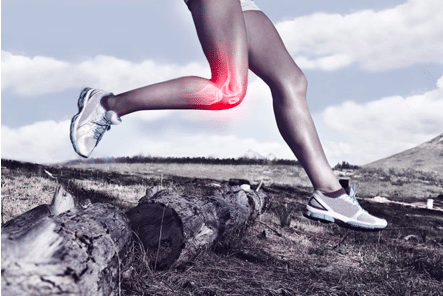
Written By: Dr. Nicole Willis, PT, DPT, SFMA-C
Have you ever heard anyone say running is bad for your knees? Have you ever been told not to run in order to “save” or “protect” your knees from impact? Running is a sport that has gained a very poor reputation throughout the years due to people’s fear of developing knee pain. Well, research shows that this fear is more of a myth than a fact.
In an article written by Horga LM, Henckel J, Fotiadou A, et al in 2019, researchers found no significant changes in knee pain, meniscus damage, or articular cartilage damage in a sample of 82 middle age (mean age 44 years) marathon runners. In fact, they discovered the subchondral bone actually improved in the tibial and femoral condyles in the marathon group.
The researchers openly concluded that the health benefits of running simply outweigh the risk of patellofemoral changes.
Why do runners develop knee pain?
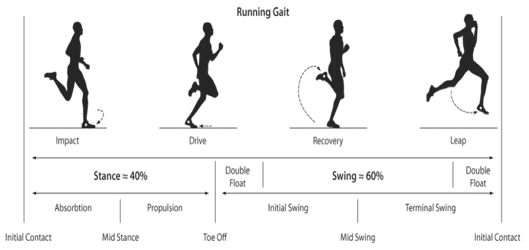
You may be thinking, “but I DO get knee pain while running, WHY?” The true answer to this question requires an individualized evaluation including tests for strength, range of motion, movement strategy utilization, shock absorption, and a running biomechanics assessment. However, there are a few trends among runners with knee pain that may be identified.
3 Common Causes of Knee Pain in Runners
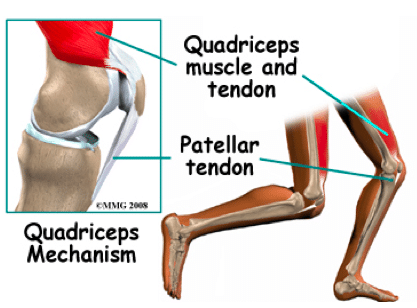
- Hip Weakness
- Weakness of the hip musculature, specifically the gluteus medius, can contribute to the development of knee pain in runners.
- The function of the gluteus medius while running is to stabilize the pelvis and prevent valgus (inward collapse) at the knee.
- When the gluteus medius muscle is weak, it contributes to poor dynamic stabilization at the knee. This may lead to over utilization and irritation of the shock absorbing structures of the knee.
- Decreased Ankle Dorsiflexion
- Ankle dorsiflexion plays an important role in shock absorption while running
- Decreased ankle dorsiflexion can cause increased stress on the knee (also plantar fascia and Achilles tendon) due to poor shock absorption, as well as inefficient loading patterns.
- Quadriceps Tightness
- Flexibility deficits of the quadriceps musculature can contribute to increased loading of the patellar tendon leading to possible tendinopathy.
Interested in learning more about running?
In summary, it is not running itself that causes knee pain. Knee pain can develop when there are fundamental issues with things like technique, form, strength and/or mobility. If you are experiencing knee pain while running, our physical therapists can help!
Contact Symmetry Physical Therapy for a complimentary phone consultation with a Doctor of Physical Therapy. Also, check out our Instagram page here to meet the team and find some educational exercises that can help get you started!
Citation
Horga LM, Henckel J, Fotiadou A, et alCan marathon running improve knee damage of middle-aged adults? A prospective cohort studyBMJ Open Sport & Exercise Medicine 2019;5:e000586. doi: 10.1136/bmjsem-2019-000586
Written By: Dr. Nicole Willis, PT, DPT, SFMA-C

